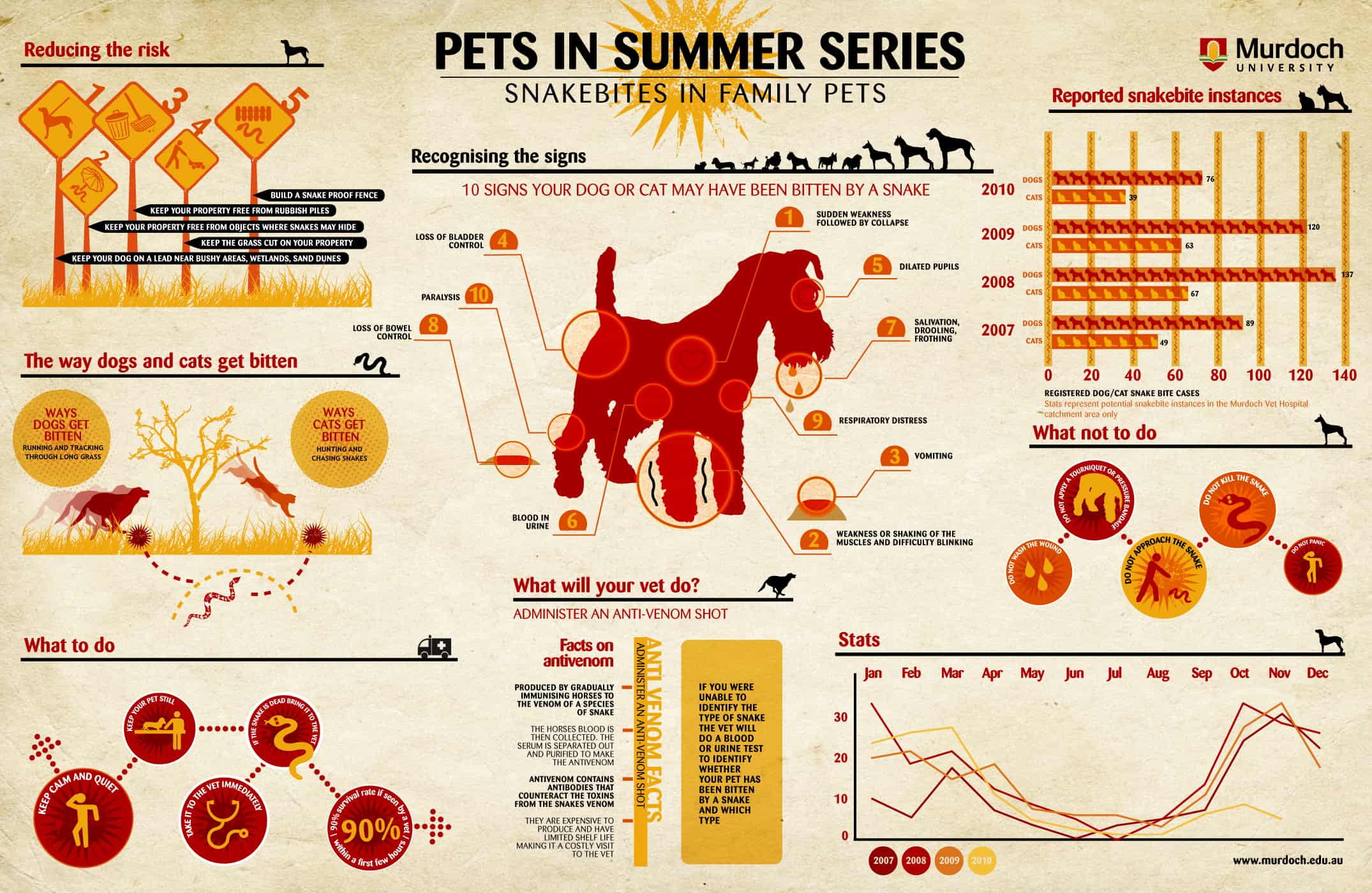What You Need To Know About Dog Daycare For Special Needs Dogs
What You Need To Know About Dog Daycare For Special Needs Dogs
Blog Article
What Vaccinations Are Needed For Canine Daycare?
Whether your dogs hang around at day care or boarding facilities, they require to be updated on all of their called for inoculations. Core vaccines consist of Bordetella, rabies and DA2PP, which defend against common conditions that pet dogs are subjected to when in close contact with others.
Non-core vaccines consist of canine influenza and leptospirosis shots. These are advised for pups that join other pets often.
Core Vaccines
As a vital part of preventive treatment, dog injections help keep pets safe from contagious diseases transferred through direct call or contaminated surface areas. Vaccinations stimulate the body immune system to develop antibodies that combat condition, and most vets take into consideration core dog injections to be crucial for all animals.
Rabies
A lot of trusted pet dog childcare facilities need that your pet dog be up to date on their rabies inoculation. Inoculations are administered to young puppies as very early as 12-16 weeks old, and boosters are required every three years or two up until the adult years. Rabies is a fatal viral illness that spreads out via saliva, generally from attacks. The majority of states require rabies vaccinations for all pets and cats, and some even mandate rabies boosters for animal proprietors.
Distemper/Parvovirus/Adenovirus (DHPP).
This mix vaccine covers canine distemper, parvovirus, hepatitis, and adenovirus, every one of which are very contagious. Many vet workplaces provide DHPP injections as one shot or in a collection of two to four shots, provided 2-4 weeks apart, complied with by a yearly booster. This vaccination is a requirement for a lot of boarding and dog daycare facilities, along with several groomers.
Bordetella/Canine Parainfluenza Vaccine.
Bordetella bronchiseptica, frequently called kennel coughing, is a really contagious breathing infection brought on by the microorganisms that causes the illness. Signs and symptoms include persistent coughing, sneezing, nasal discharge, and fever. Many kennel cough episodes take place in crowded environments, such as daycare or boarding facilities, and are especially common in warmer weather condition. This injection is a demand for a lot of day care and boarding facilities, and is typically used in a mix with the DHPP injection.
Leptospirosis Vaccination.
This is a microbial condition that spreads out via infected water, dirt, and urine. Infection can cause kidney and liver damage, as well as fatality, and is transmissible to human beings. Most vets will recommend this vaccine, dog boarding places near me based on geographical place and way of living of the pet, for canines that spend time outdoors or at boarding centers, in addition to some groomers. This injection is typically carried out as a collection of 2 to 4 shots, spaced 2-4 weeks apart, with a yearly booster needed for a lot of pet dogs.
Lyme Condition Vaccination.
One of the most typical tick-borne illness in the USA, Lyme illness is transferred by the deer tick and can lead to fever, joint pain, muscle soreness, and anorexia nervosa. The Lyme condition injection safeguards against the most common strains of the virus, including the H3N8 and H3N2 pressures. A lot of vet facilities suggest this vaccine, particularly in risky locations, such as the Northeast, top Midwest, Mid-Atlantic, and along the Pacific coastline.
Noncore Vaccines.
Various other canine vaccinations, while not essential for all family pets, are suggested based upon the pet dog's way of living and geographical location. These include the following:.